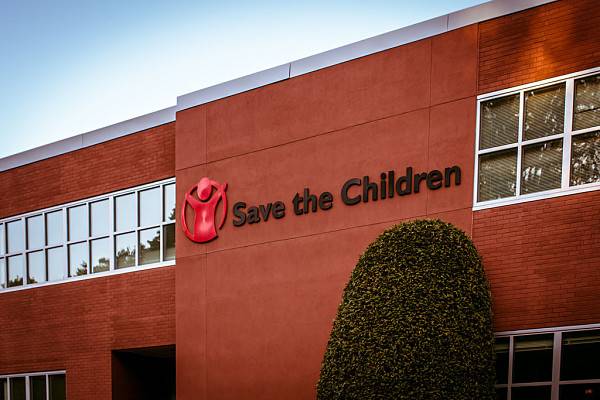Almost all Non-governmental Organizations (NGOs) working in Pakistan are funded by the West (US and EU), but there is a general perception in our country that civil society and NGOs always intend to work for the welfare and well-being of the ordinary citizen. The same is instilled in the minds of students at educational institutions. In actuality, this is not the case.
We cannot understand these NGOs and the activities of civil society until and unless we actually understand the dynamics of global power politics of the 21st century.
There is, however, no need for rocket science to understand the basic very simple thing that no one gives you money without their own interests.
Why do the US and EU fund and support NGOs like ‘Save the Children’ and ‘Amnesty International’? Do they not serve their interests? Will an NGO funded by the EU serve the interests of Pakistan? If one thinks so, he or she is living in fools’ paradise.
Forget about Dr. Shakeel Afridi and Mukhtaran Mai for a moment, what about those days when there was dharna in Islamabad at D-Chowk and people were being harassed and threatened by the Pakistani government? Did the global media and NGOs raise their voice against that oppression?
And what about an individual, Shafqat Hussain, who killed a little boy and was sentenced to death… how did the western media, Pakistani’s civil Society and NGOs react? Because the objective was to question Pakistan’s criminal justice system and capital punishment, wasn’t it?
What about Mumtaz Qadri who has been sentenced to death, and yet no one is condemning his death penalty. Why? Is this because he is an Islamist? (I am quoting Qadri’s case just for the sake of argument. I am not against his death penalty at all.)
Recently, I was invited by an NGO to discuss some budget-related issues. The NGO claims to be the real guard of ‘Right to Information Ordinance’. It also tends to promote democratic values and civic education in Pakistan. Most of the experts and scholars (invited by that NGO) were of the view that people must be told that more than 80% of civilian budget is being spent on defense, or to be more accurate on military, which is simply unfair. When I was asked to speak I tried to present the true picture before the audience that “Pakistani defense budget, reached its peak during the Afghan war in 1980s, while the country was running a covert nuclear program. It was probably more than 30% then. In recent years it has been hovering between 15-18%, being the third or fourth largest item in the yearly budget. And the defense expenditure, around $6-7 billion is around 2.5% of Pakistani GDP which is less than many countries of the world.” But I was countered by a gentleman who immediately branded me as “military’s chief supporter”.
Then I moved forward, but I posed a simple question: where does this NGO get its funds from? The whole hall was silent including that gentleman who was aggressively taking about “Right to Information”.
We must remember that some International NGOs including International Republican Institute (IRI), National Democratic Institute (NDI) and Freedom House (FH) were found guilty of anti-state activities and directed to register themselves as “foreign agents” in Russia and Egypt. The US and EU reposted that it would have “chilling effect” on Russia’s civil society.
Even our neighbor India has banned several NGOs which were persistently working against India’s interests and sealed their offices immediately.
It is interesting to note that after a long time Pakistan’s government woke up and put a ban on the notorious NGO ‘Save the Children’, but Interior Minister had to uplift this ban after international and domestic (brutal criticism by our liberals and NGOs) pressure.
This move might have two possible meanings. First, it was a blunder that without considering the consequences the interior ministry banned the NGO and then unbanned it. Second, it might be the policy of Pakistani government to warn the NGOs that we are awake now. So be careful.
Fortunately, Pakistan has now formulated a policy to regulate and keep an eye on NGOs’ activities. It is a welcome move.
The irony is that these NGOs work mostly in rural areas and do not understand the patterns of rural life. The social and cultural dynamics of our rural areas are different and without perceiving and carefully analyzing those dynamics we might provoke cynicism and anomic conditions instead of prosperity, stability and modernity. But the civil society and NGOs want laws to deal with those who are not a part of the 21st century. A person sitting in New York, Islamabad or Lahore who uses Facebook and Twitter and regularly visits KFC and McDonald’s can never assess or understand the patterns of life in rural and remote areas of Sindh, Baluchistan, KP and Punjab.
We need to understand that passing laws after laws is not a solution to deal with traditional societies. There must be a sustained and comprehensive educational policy to bring a revolution through evolution. But it is not in the interest of those who claim to want to solve these issues.






